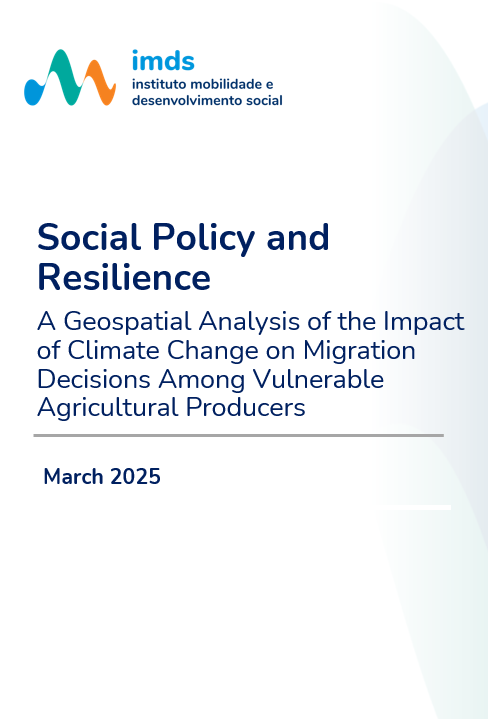New study analyzes the contribution of Bolsa Familia conditionalities to social mobility
IMDS report explores factors associated with the departure of families from the Cadastro Único
Bringing social mobility to the spotlight
Imds monitors, evaluates and proposes the implementation of public policies with an impact on social mobility. And it does this through scientific research, data and evidence, to support managers at any level of government to transform the lives of current and future generations of citizens.
Imds in numbers
Plataforma Impacto

Our content is organized according to thematic lines
Browse our publications
Access all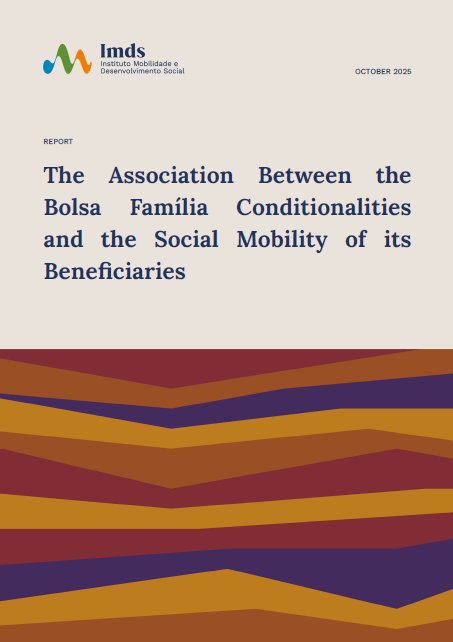
The Association Between the Bolsa Família Conditionalities and the Social Mobility of its Beneficiaries
Access Report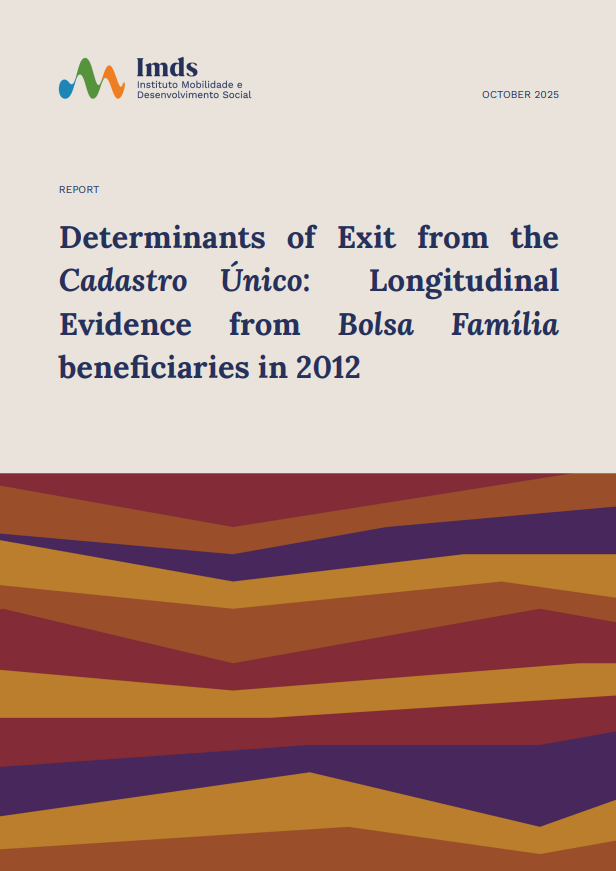
Determinants of the Exit from the Cadastro Único: Longitudinal Evidence from Bolsa Família beneficiaries in 2012
Access Technical Notes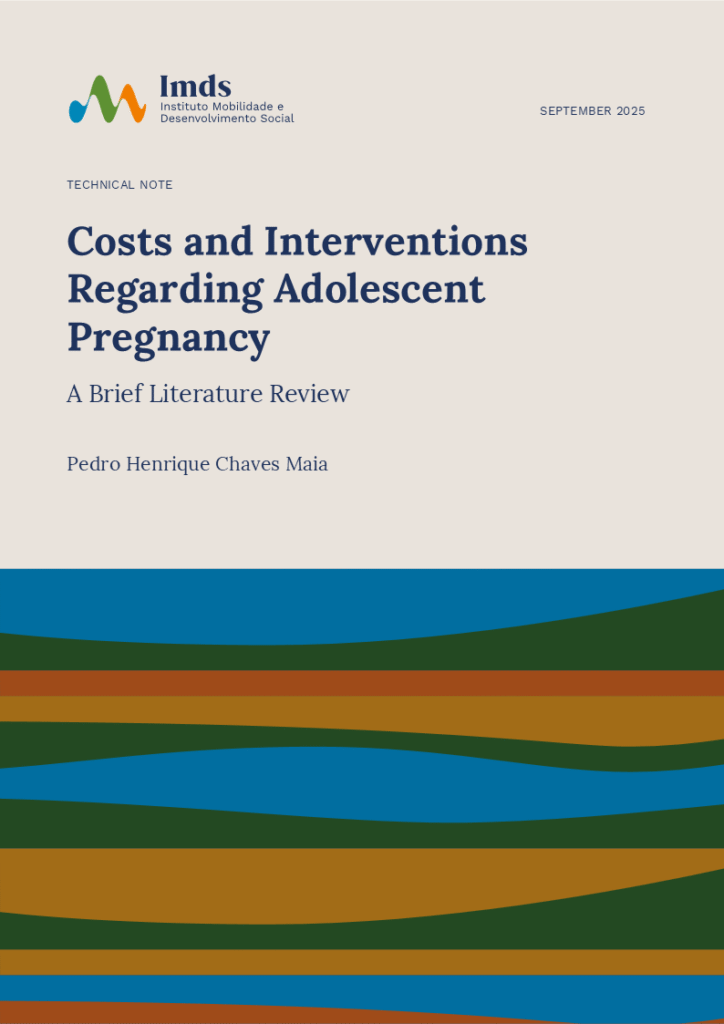
Costs and Interventions Regarding Adolescent Pregnancy: A Brief Literature Review
Access Technical Notes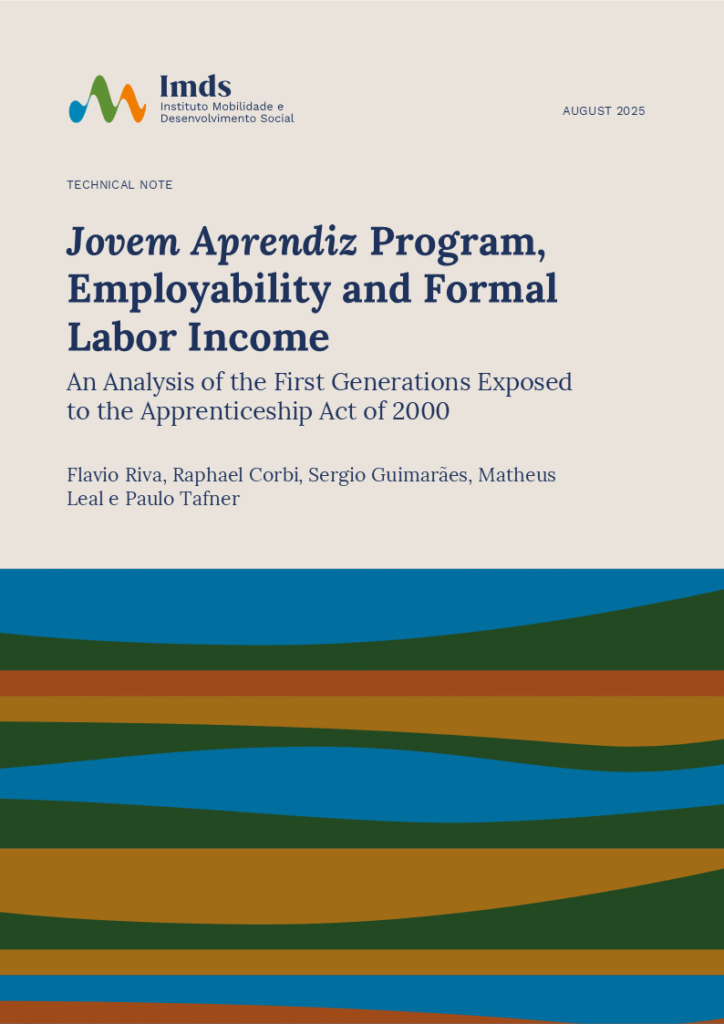
Jovem Aprendiz Program, Employability and Formal Labor Income: An Analysis of the First Generations Exposed to the Apprenticeship Law of 2000
Access Technical Notes
Post-Dismissal Trajectories and Challenges to Professional Relocation in the Brazilian Labor Market
Access Paper